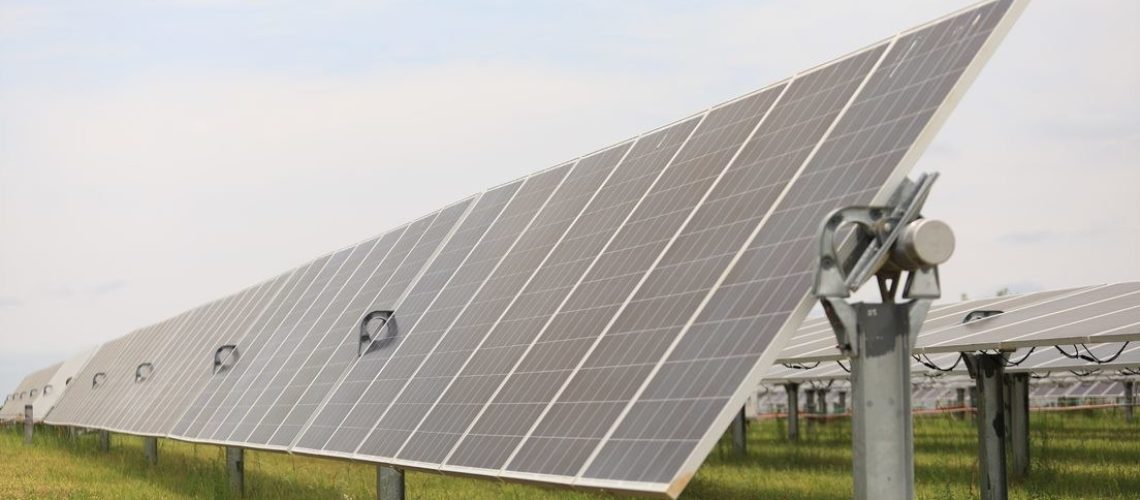The Virginia State Corporation Commission’s Hearing Examiner has proposed a requirement for residential shared solar customers to pay a $55 minimum bill each month, which opponents claim will dramatically limit program participation.
Just over six months ago, the state of Virginia began accepting applications for its new shared solar program, under which small-scale solar projects can be developed and constructed, with multiple customers subscribing to receive a credit on their utility bill for their share of the power that the solar array generates.
It’s a program structure that has taken off across the country. Most call it a community solar program, Virginia calls it shared solar, but it’s the same basic premise.
However, renewable energy advocates within the Commonwealth are concerned that the program could become compromised before it even begins, as the State Corporation Commission’s Hearing Examiner has proposed a requirement for residential customers to pay a $55 minimum bill each month to Dominion Energy as a condition for participating in the program.
If accepted, this minimum bill would be the highest in the nation, and the Coalition for Community Solar, a group of businesses and nonprofits working to expand customer choice and access to solar vial community solar, described the proposal as unraveling a program that was passed with overwhelming bipartisan support.
While solar advocates are always going to oppose minimum bills and immovable fixed charges, which place a burden on the same low-income customers these programs are created to help, the shared solar law already included the ability for regulators to set a minimum monthly bill, in the form of a fixed cost charged to subscribers, that would account for the costs of implementing the program and for use of the utility’s grid infrastructure. While perhaps not ideal, this structure would be founded on actual cost, rather than the $55 flat fee that advocates have claimed is an arbitrary fee that will limit program participation.
“This minimum bill proposal of $55 or higher will kill the economics of the program by unfairly raising costs to the consumer, harming those the General Assembly intended to help,” said Executive Director of Conservatives for Clean Energy, Ron Butler. “Additionally, this will hurt landowners looking to secure their financial stability through lease payments for shared solar project sites. Virginians need the Commission to course correct so that all Virginians have the opportunity to benefit from the clean energy economy.”
On March 25, state regulators will take public testimony at an evidentiary hearing to address this proposed minimum bill. While the comment period for testimony has closed, interested parties can still register to speak as a public witness here.



